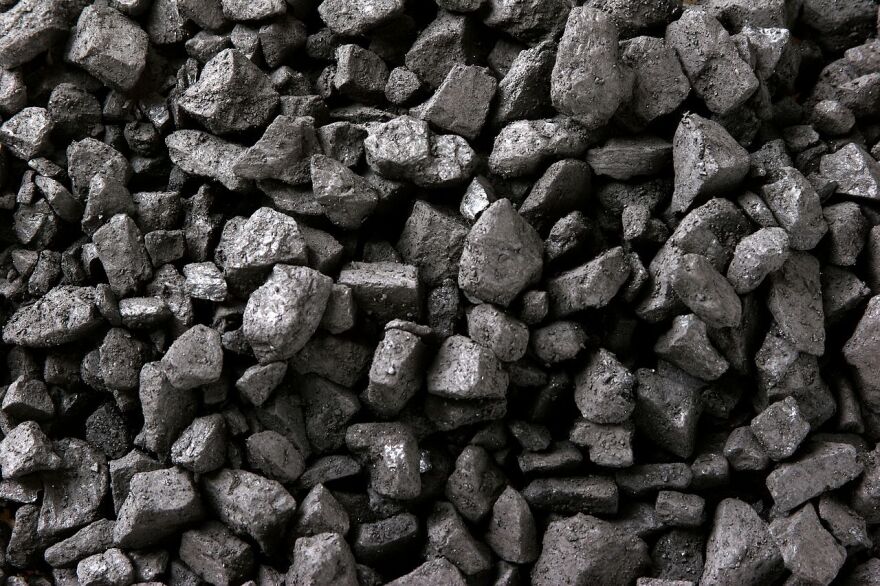While Hawai‘i leads the country in its goals for clean energy, most of the state’s electricity still comes from fossil fuels. That includes a coal-fired power plant on O‘ahu—a technology that’s a long-time target of environmental activists. It’s also an area where Japan may be shifting its policy.
Japan may be ending its support for overseas coal-powered electricity plants.
It’s been a multi-billion-dollar venture for Japan’s government—especially in Southeast Asia—from Indonesia and Vietnam to Bangladesh.
The nonprofit renewable energy advocacy group Global Energy Monitor says Japan has provided roughly $5 billion in financing for coal-powered plants outside its own borders.
Last July, the government said it would reduce its support—but critics said the measure still had many loopholes.
On Monday, Kyodo News reported Prime Minister Yoshihide Suga is considering eliminating all government support for overseas coal-fired power plants--a move that may be announced next month during a multi-national virtual summit on climate change.
Domestic energy policy is another matter.
Last year Japan announced it would close a number of older coal plants by 2030—the Yomiuri Shimbun put the number at 100, but government officials have not confirmed that.
And the government still plans to build as many as 22 new coal plants by 2025—a direction that differs sharply from other developed economies.
Japan still gets nearly a third of its electricity from coal-fired plants—a dependency that deepened following the Fukushima nuclear disaster ten years ago.




